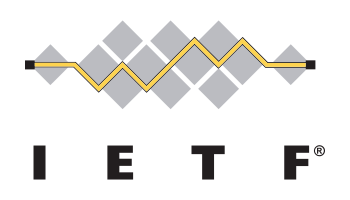A number of bills falling under the rubric of 'lawful access' have been kicking around Canadian Parliament for about a decade now. Law enforcement agencies have been pushing for stronger powers for online surveillance and investigations since the 1990s, leading to consultations in 2002, and the introduction of Bill C-74, the Modernization of Investigative Techniques Act, by the Liberal government in 2005. In June, 2009, the Conservatives introduced Bill C-46, the Investigative Powers for the 21st Century (IP21C) Act, and Bill C-47, the Technical Assistance for Law Enforcement in the 21st Century Act. The last Parliamentary session saw the introduction of a suite of three lawful access bills: C-50, 51, and 52.
Bill C-50, the Improving Access to Investigative Tools for Serious Crimes Act, would expand on the existing provisions enabling law enforcement agencies (LEAs) to obtain warrants to intercept private communications, to use tracking devices, and telephone number recorders.
Bill C-51, the Investigative Powers for the 21st Century Act, would amend the Criminal Code, the Competition Act, and the Mutual Legal Assistance in Criminal Matters Act to do several things, including: allow LEAs to apply for a production order for transmission data relating to an internet or telephone communication; enable preservation orders for communications of a specific subscriber; create new offences regarding computer viruses; establish new powers for the use of tracking devices; and, allow for the use of transmission data recorders. This bill would also make changes to existing offences of making hate propaganda available, sending a message in a false name, and sending false information, indecent remarks or "harassing" messages to broaden their application and, in some cases, increase penalties.
Bill C-52, the Investigating and Preventing Criminal Electronic Communications Act, would require telecommunications service providers to make their networks intercept-capable (similar to the U.S. Communications Assistance for Law Enforcement Act). Intercept requirements apply to transmission data and content of communications. C-52 would also compel telecommunications service providers to provide LEAs with access to data about telecommunications service subscribers (e.g., name, address, telephone number, electronic serial numbers, etc.) without a warrant under certain circumstances.
As bills C-50, 51 and 52 died when the election was called in earlier in March, it seems likely that they will be reintroduced in the Fall. CAUCE supports measures that will help the Canadian government and LEAs deal with crime conducted through the internet; however, we also encourage Parliament to engage in a thoughtful and meaningful discussion of any proposals to ensure that potential unintended consequences for internet users are minimized.
We will have more to say about these bills if and when they are reintroduced later this year.
– Shaun Brown, CAUCE

















